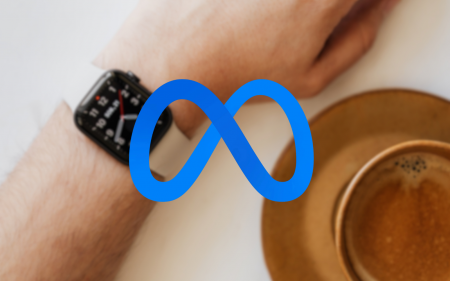Coca-Cola releases its first flavour for gamers, but why?
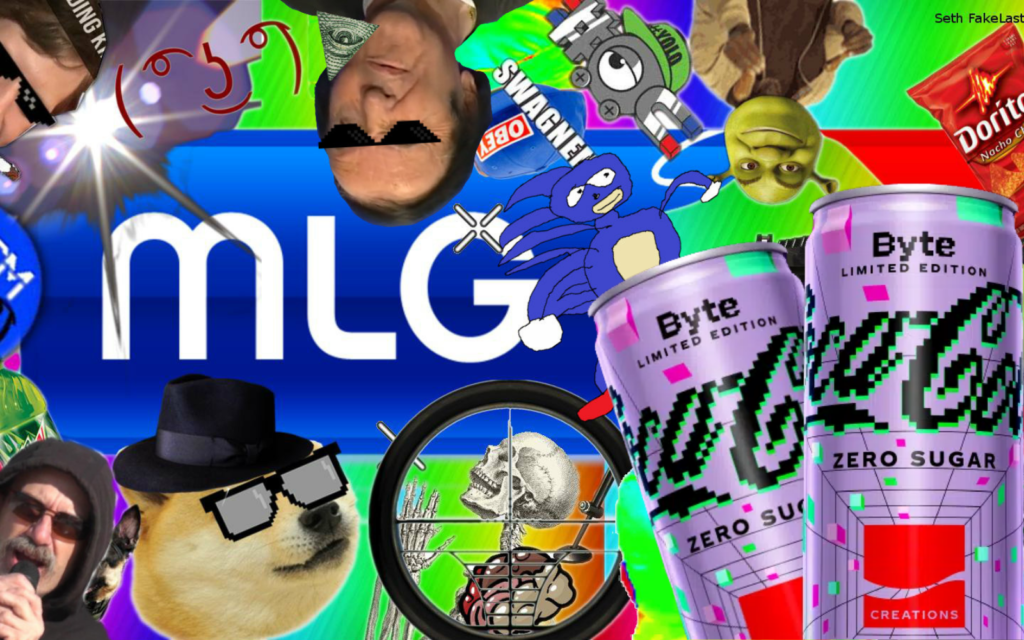
Coca-Cola isn’t the first soft drink company to attempt to cosy up with gamer culture. We’re sure it won’t be the last. The one to do it the best was arguably Mountain Dew, best seen in the MLG Montage parody days of the late 2000s. That’s not going to stop Coke from trying to squeeze its way into the conversation – and people’s mouths. Coca-Cola Byte is the latest experiment from Coca-Cola Creations, the division that brought Coca-Cola Starlight to select shelves last year. SA shelves missed out there and we’ll likely miss out on this one too. Good.
Byte’s flavour is “inspired by the playfulness of pixels, rooted in the experiences that gaming makes possible.” That’s according to Oana Vlad, Senior Director of Global Strategy at Coke. From that, we gather it’ll taste like the bitterness of that game you would’ve won if that other guy wasn’t cheating, with a hint of misogyny. That seems like a far cry from the Red Bull-soaked blueberry flavour that Sam Machkovech describes on Ars Technica. It also pairs well with Doritos apparently. We’ll let you know if it ever makes its way here, but don’t hold your breath. Unless you have to drink it, that is.
Source: Coca-Cola
Microsoft Edge browser offers (limited) free VPN service
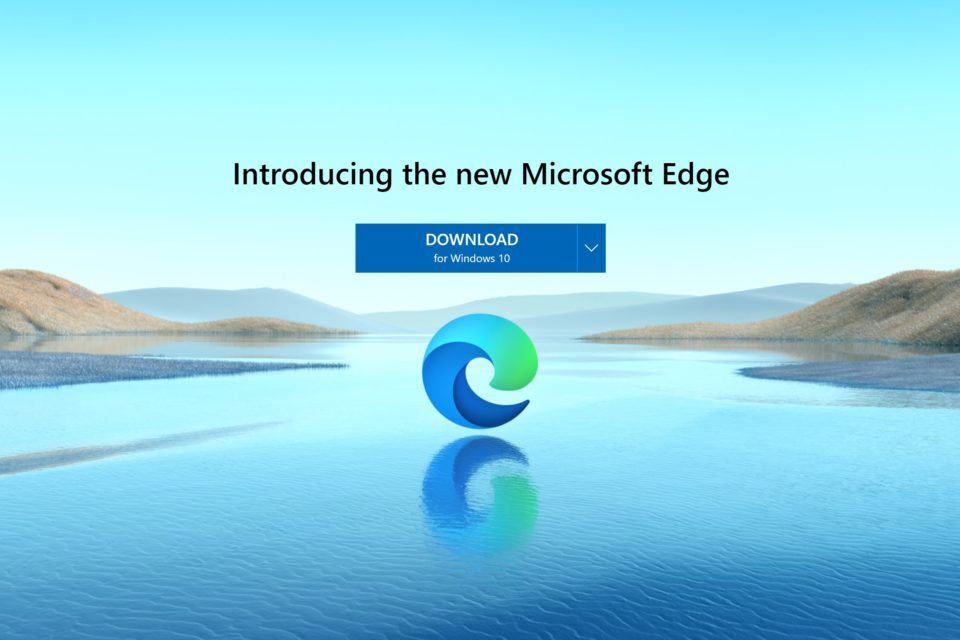
Next month, 15 June 2022, is when Internet Explorer will finally be laid to rest. Microsoft has tried to make IE’s replacement, Microsoft Edge, more attractive in hopes of convincing users to switch from Chrome. That hasn’t always gone down smoothly.
Edge gained a lot of traction in 2020 when it was rebuilt using Google’s open-source Chromium codebase. Since then, Microsoft has continued to increase the appeal of the browser, by adding features. The latest feature is a Virtual Private Network (VPN) service included in the browser. VPNs create an encrypted connection for all your network traffic, preventing others from accessing that traffic.
The feature is powered by Cloudflare and called Microsoft Edge Secure Network. If you want to try it out, you’ll need to be signed in to your Microsoft account. It provides 1GB of encrypted traffic with no way of increasing that at present. If you’re the sort that runs all your traffic through a VPN, this isn’t going to replace that. But it should be enough for some light browsing at a coffee shop or similar public WiFi hotspot. That being said, any VPN is only as secure as the provider.
Source: Ars Technica
The first USB4 cables have been spotted in the wild
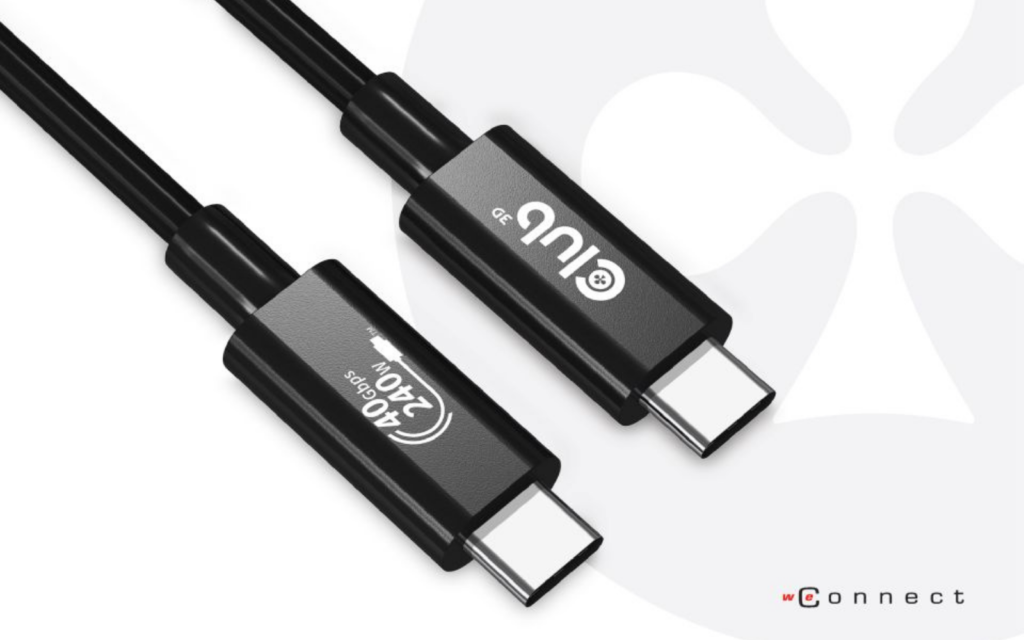
It hasn’t been long since Oppo unveiled its 240W charging tech at MWC. At the time, it was just an announcement of its plans. Now, we might have more info on how those charging speeds are possible – specifically how it pertains to USB4.
The first version of the next USB standard was first released in 2019 but as is always the case with new tech like this, it takes a few years before its adopted by companies. In this case, a few high-speed cables have cropped up on Dutch peripheral manufacturer Club 3D’s website. There are few options to choose from but the one we’re most interested in touts 48V and 5A for 240W charging capabilities. It will also allow for 8k video at 60Hz and uses the familiar USB-C connector.
There aren’t currently any devices or chargers out in the wild that’ll support this much juice but maybe Oppo (or someone else) is on the way to changing that. This will also allow a few laptop manufacturers to ditch those massive charging bricks for all but the most power-hungry machines. There’s no word yet on price, availability or if they’ll even ship here. But other Club 3D products may be found on Takealot, so there’s hope.
Source: Tom’s Hardware
Meta shifts focus away from podcasts
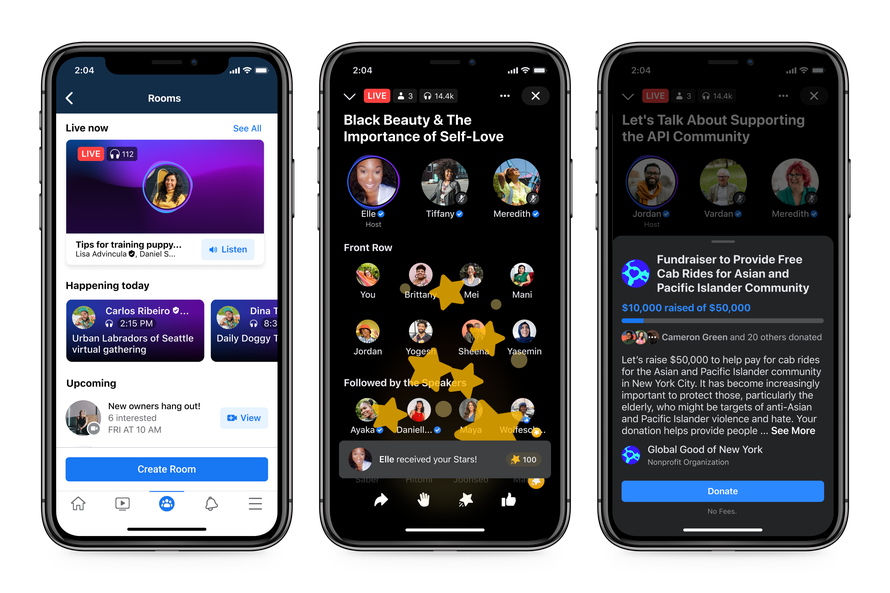
Only a year after it launch an audio-focused offering to compete with Clubhouse, Meta is shutting it all down from as early as this week, according to Bloomberg. From this week, users won’t be able to upload shows to Facebook and from 3 June, Facebook will remove them entirely. Live Audio Rooms, Facebook’s Clubhouse clone, will be absorbed into Facebook Live.
According to a Meta spokesperson, this is a result of Meta changing its focus to ‘more meaningful experiences’. So, the… metaverse then? It’s much easier to rake in people’s money when they’re roaming your stores, virtual or physical. Which is exactly what the metaverse will provide the social network.
This is pretty on-brand for Facebook — scoop someone else’s idea and if it doesn’t generate the kind of buzz it’s after, toss it overboard without a care. This move, as abrupt as it is, suggests that attempting to clone Clubhouse’s features hasn’t worked out so well for Meta. Ah, well…
Source: Engadget


